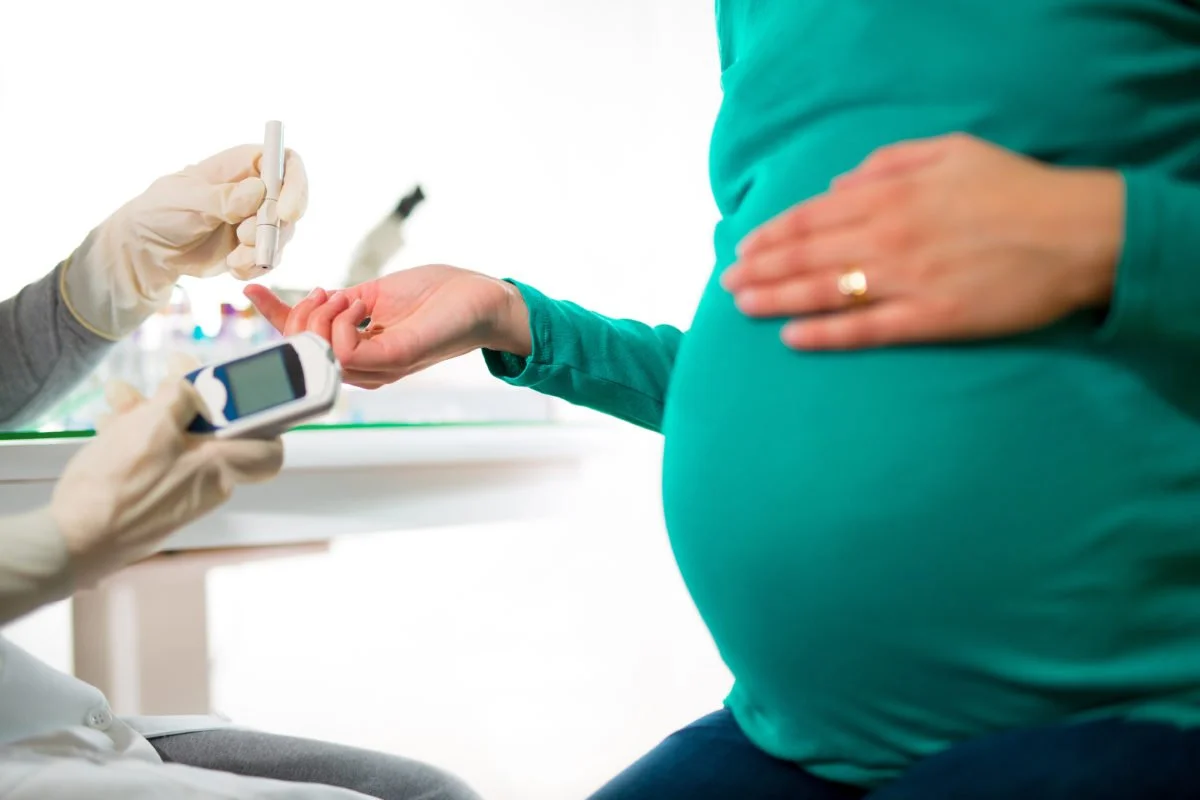Prenatal Testing
First Trimester Tests:
There is a blood test that goes by a few different names: Verifi, Harmony Prenatal Test, and MaterniT21. These can be performed between 10 and 13 weeks.
This test is considered a screening and determines the risk of chromosomal abnormalities like Down syndrome or trisomy 13. These tests are between 91 and 99% accurate. This test can also tell you the sex of your baby.
Cell-free fetal DNA Testing can be done as early as 9 weeks.
This test checks your blood for your baby’s DNA. It is a screening test that checks for genetic conditions that your baby may be at risk for. The results of this test can allow you to make a more informed decision about whether or not you may want a diagnostic test.
Second Trimester Tests:
Another blood test that also goes by a few different names: quad screen, triple screen, AFP Plus, and multiple marker screening. These can be performed between 15 and 19 weeks.
Determines baby’s risk for chromosomal abnormalities and is NOT a diagnostic tool.
Glucose screening (done between 24 and 28 weeks)
This test screens for gestational diabetes. This test is done by having you drink a liquid containing glucose, then having your blood drawn in different time increments. If you do not pass your first one, you may be asked to do an extended 3-hour long screening to ensure you actually do have pregnancy-related blood sugar issues.
If something concerning came back from one of the previous screening tests, you are pregnant over the age of 35, or you have a family history of genetic disorders, you may opt for a diagnostic test:
Amniocentesis:
This test can be done between 15 and 20 weeks. It is done by inserting a needle into your belly to sample your amniotic fluid, then the chromosomes are analyzed in the lab. This is a diagnostic test and can tell you if your baby actually has any chromosomal abnormalities.
Risks:
miscarriage (1%)
infection (<0.1%)
Rhesus disease (only occurs if your baby is RhD positive and you are RhD negative)
Chorionic Villus Sampling (CVS):
This test can be done between weeks 10 and 13. It is performed vaginally by taking tissue from the placenta to check for genetic conditions. Much like an amniocentesis, this test can tell you if your baby actually has any chromosomal abnormalities.
Risks:
miscarriage (0.22%)
infection (very rare)
Rhesus disease (only occurs if your baby is RhD positive and you are RhD negative)


